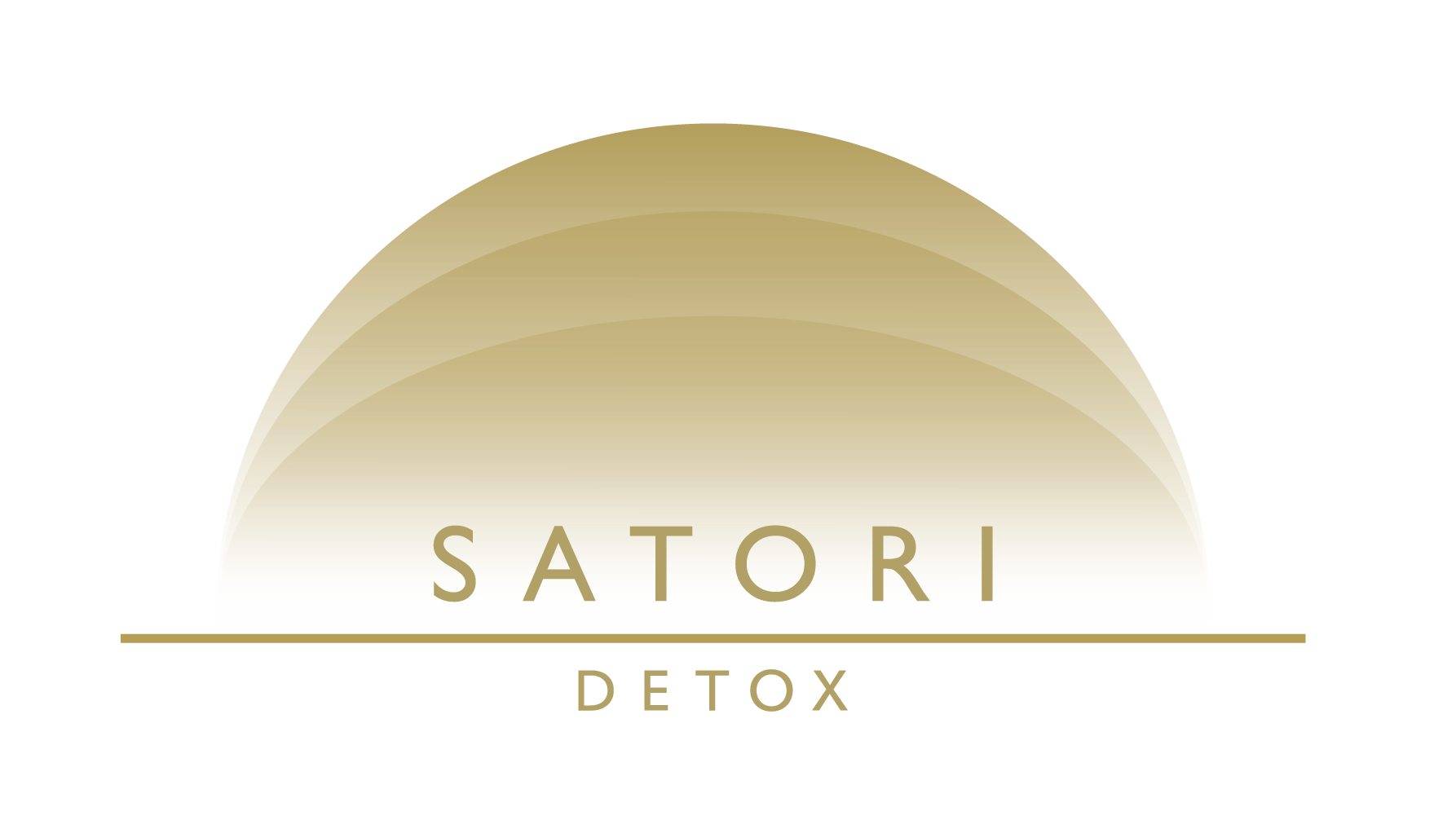As the New Year approaches, many people eagerly anticipate festive celebrations filled with joy, hope, and resolutions. However, for individuals in recovery from addiction, navigating through the season’s social gatherings, parties, and alcohol-laden events can be challenging. The abundance of triggers during New Year’s celebrations can pose a significant threat to one’s sobriety. In this blog, we will explore a toolkit of practical advice, coping mechanisms, and strategies to help those in recovery identify and manage triggers, ultimately ensuring a sober and fulfilling New Year’s celebration.
Understanding Triggers
Triggers are external or internal cues that can elicit cravings and potentially lead to a relapse. During the holiday season, common triggers include social pressure, stress, memories of past celebrations, and the ubiquitous presence of alcohol. Recognizing and understanding these triggers is the first step towards creating a personalized toolkit for staying sober during New Year’s celebrations.
Practical Advice for Identifying Triggers
- Self-awareness: Begin by understanding your personal triggers. Reflect on past experiences to identify situations, emotions, or environments that have triggered cravings in the past. This self-awareness is crucial in preparing for potential challenges.
- Plan ahead: Anticipate the situations you may encounter during New Year’s celebrations and devise strategies to navigate them. Planning ahead can involve choosing events wisely, bringing a sober friend for support, or having an exit plan if things become overwhelming.
- Establish boundaries: Clearly communicate your boundaries to friends and family. Let them know about your commitment to sobriety and ask for their support in creating an alcohol-free environment during gatherings.
Coping Mechanisms and Strategies
- Mindfulness and Meditation: Incorporate mindfulness techniques and meditation into your daily routine. These practices can help manage stress and increase self-awareness, enabling you to respond to triggers in a calm and controlled manner.
- Support System: Build a strong support system of friends, family, or fellow recovering individuals. Having someone to talk to during challenging moments can provide emotional support and perspective.
- Attend Sober Events: Seek out and attend sober events or activities during the New Year’s celebrations. Many communities offer alternative celebrations that do not involve alcohol, providing a safe and supportive environment for individuals in recovery.
- Stay Occupied: Engage in activities that bring joy and fulfillment. Whether it’s a hobby, exercise, or volunteering, staying occupied can help redirect your focus away from triggers and reduce the risk of relapse.
- Practice Saying No: Be assertive in declining invitations to events where alcohol is the primary focus. Practice saying no in a firm but polite manner, emphasizing your commitment to sobriety.
Avoiding Relapse During the Holiday Season
- Create a Relapse Prevention Plan: Develop a relapse prevention plan in collaboration with a counselor or support group. This plan should include coping strategies, emergency contacts, and steps to take if you find yourself in a triggering situation.
- Stay Connected to Recovery Communities: Attend support group meetings, whether in person or online, regularly. Staying connected to others who understand the challenges of recovery can provide a sense of belonging and accountability.
- Celebrate Milestones: Acknowledge and celebrate your achievements and milestones in recovery. Reflecting on your progress can boost your confidence and motivation to stay sober during challenging times.
Conclusion
Navigating triggers during New Year’s celebrations requires a proactive and personalized approach. By understanding your triggers, planning ahead, and implementing coping mechanisms, you can successfully stay sober and enjoy the festivities with a clear mind and a sense of accomplishment. Remember that seeking support and staying connected to your recovery community are invaluable tools in maintaining sobriety. With the right toolkit, you can step into the New Year with resilience, strength, and a renewed commitment to your journey of recovery.

